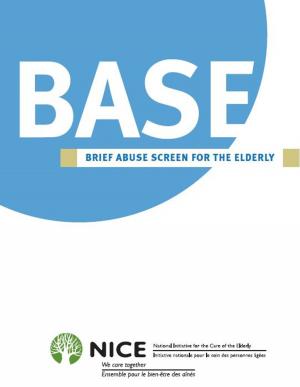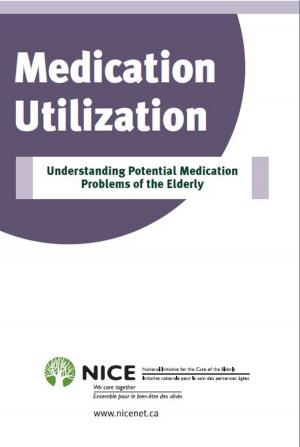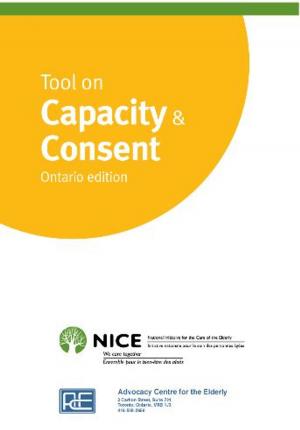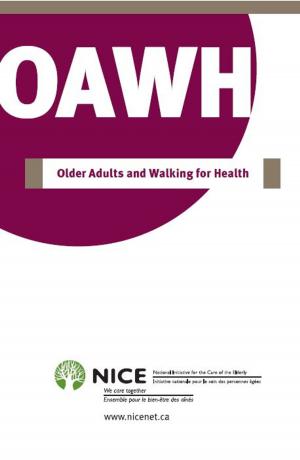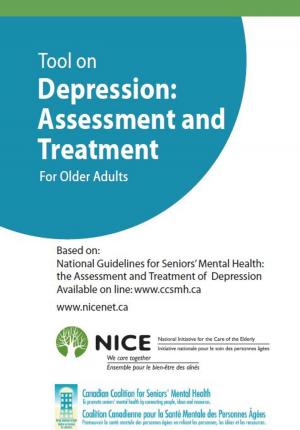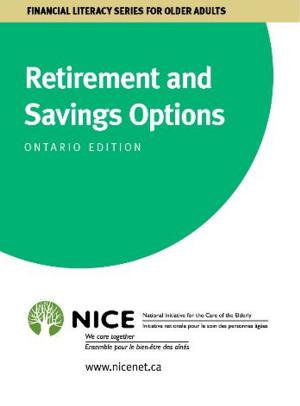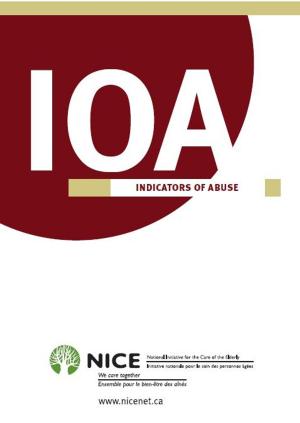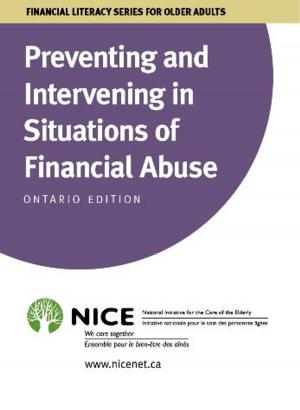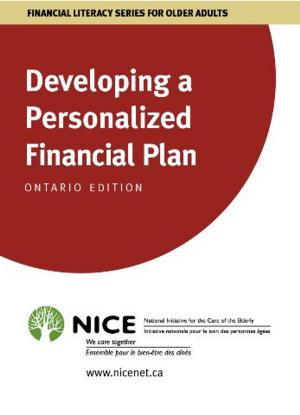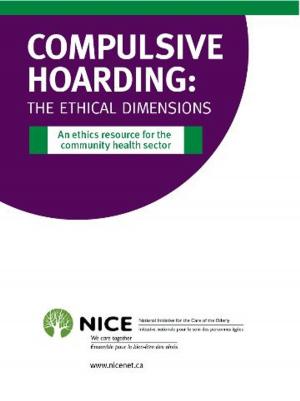Introduction to Older Adults and Substance Use Fact Sheet
Nonfiction, Health & Well Being, Health, Health Care Issues, Aging, Self Help| Author: | National Initiative for the Care of the Elderly | ISBN: | 1230000016870 |
| Publisher: | NICE | Publication: | September 10, 2012 |
| Imprint: | Language: | English |
| Author: | National Initiative for the Care of the Elderly |
| ISBN: | 1230000016870 |
| Publisher: | NICE |
| Publication: | September 10, 2012 |
| Imprint: | |
| Language: | English |
WHY AGE SPECIFIC APPROACHES TO MANAGING SUBSTANCE USE
Substance Use
• Many older adults begin to have problems with their substance use during times of transition or loss (e.g. forced retirement, bereavement, new or escalating health concerns, loss of independence)
• Their relationship to the substance is based on an emotional need to feel better or deal with loss
• Some older adults cannot access and/or do not feel comfortable in mainstream addictions services
• Problems with substance use are often not recognized by health and community service providers so help is not offered
• The older generation is more likely to experience self stigmatization which reduces the chance of seeking treatment and service
WHY AGE SPECIFIC APPROACHES TO MANAGING SUBSTANCE USE
Substance Use
• Many older adults begin to have problems with their substance use during times of transition or loss (e.g. forced retirement, bereavement, new or escalating health concerns, loss of independence)
• Their relationship to the substance is based on an emotional need to feel better or deal with loss
• Some older adults cannot access and/or do not feel comfortable in mainstream addictions services
• Problems with substance use are often not recognized by health and community service providers so help is not offered
• The older generation is more likely to experience self stigmatization which reduces the chance of seeking treatment and service

